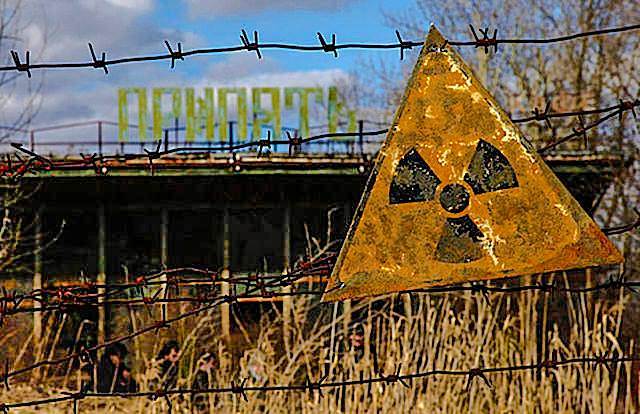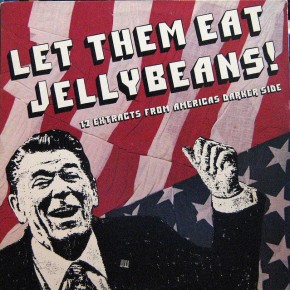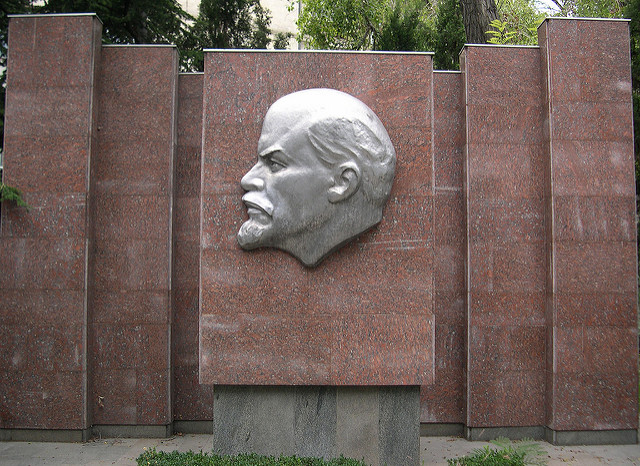Igor Kolomoisky was having a bad week. The Ukrainian parliament had passed a new law that would have cost him control over a major oil company. So Mr. Kolomoisky, one of the richest men in Ukraine, decided to fight back. Just not through the courts. He and a group of handpicked, armed men stormed two office complexes in Kiev on March 19th and 22nd.
As armored cars idled by the buildings’ street entrances overnight, the men destroyed incriminating papers connected to Mr. Kolomoisky’s enterprises, cursing at reporters, and accused everyone who came out to protest their actions of being “Russian saboteurs.” In the highest echelons of the Ukrainian government, there are quite a few people who believe that mafia tactics are acceptable ways of resolving legal disputes.
Yet this incident was too much for the central government, which last year had appointed Mr. Kolomoisky as governor of the frontline region of Dnepropetrovsk, to handle. President Poroshenko stripped Mr. Kolomoisky of his post on March 24th.
Why did Mr. Kolomoisky think he could do this? Partly, he was driven by desperation: just as the ownership law for the oil company, UkrTransNafta, was being rewritten, the company fired his man on the inside for embezzlement. But there is more to it than that.
Post-Soviet Ukraine has long been plagued by a culture of impunity that protects individuals who engage in practices that undermine the overall heath of the country’s citizens and institutions. Yet, as the Legatum Institute noted in a report on these practices, “all corruption [is] carried out within the law.” The message for ordinary citizens is that those at the top can get away with this behavior, while those at the bottom have to grit their teeth and endure.

Such graft was “accepted” as cost of doing business long before independence, and this culture remained entrenched. Given the high retention rate of Soviet officials and slapdash privatization of state assets, a few canny businesspeople struck it rich without much regard for the rule of law. Some of these men and women’s names are now synonymous with corruption, kneecapping, and corporate raiding in the former Soviet Union: Rinat Akhmetov, Vadim Novinsky, Dmytro Firtash, Yulia Timoshenko, and Viktor Yanukovych, to name the most infamous of them.
Thanks to them, Ukraine ranks high on the “Oligarchy Index” and low on the “Transparency Index.” Corruption costs the state several billions dollars a year in lost tax income, and as much as 15% of the national budget “disappears” in the form of bribes and kickbacks. Large quantities of money are simply not declared, disappearing into rabbit holes and accounts or estates abroad.

Ukrainian media outlets, fortunately, are much less willing to countenance this practice of turning a blind eye. But should a newspaper try to report on unethical business practices and nepotism among these “protected” people, it could now find itself sued for endangering national security. This is what Mr. Kolomoisky had in mind this month when he said that his enemies were “Russian saboteurs” and war profiteers.
Given the severity of such behavior – that, unlike newspaper exposés about illegal reselling of military equipment is a threat to national security – why do state prosecutors so often find their hands tied? Because to truly dig down to the roots of corruption would unearth so many bodies and secrets it would demonstrate that the institutions carrying out the excavation buried much of the detritus themselves. How could such an institution and its personnel survive a revelation like that? This is why the case of Yulia Timoshenko, pardoned and freed from prison in 2014, remains so instructive in understanding the current stands-offs between oligarchs and the state.
Ms. Timoshenko has been accused of many economic crimes in her lifetime, both in and out of public office. Yet when she was finally sent to trial, prosecutors did not hone in on her family’s lavish property holdings, her office’s well-documented nepotism, or her currency speculation as head of state. They instead fixated on a bogus murder claim and a trade deal that proved nearly identical to one her biggest political rival made a few years later while she sat in jail. Ms. Timoshenko’s accusers protected their status at the further expense of the judiciary’s legitimacy. The investigations into the properties and banks linked to her family would have resulted in too many subpoenas for too many “protected” people.
Ms. Timoshenko, at least, had the good sense to recuse herself from politics upon her release in light of her poor reputation. Mr. Kolomoisky, for his part, will probably be allowed to continue in politics. This says volumes about what is permissible in Ukraine today for those with wealth and access to have their way. Mr. Kolomoisky, after all, was only resorting to methods that had served him and his fellow oligarchs well in the 1990s, when they made their fortunes and cut their teeth doing business with each other. As one anonymous, 14th century Chinese poem begins, “He’d snatch the mud from a swallow’s gob/shave iron from a pin.”
Such was the corporate culture of the time, and such is too much of the corporate culture of the present despite some meaningful reforms since 2013. And, ironically, for a state so determined to not concede the Donbas separatists’ “federalization” demands, Kiev de facto conceded to this principle in the rest of the country when it made Mr. Kolomoisky a governor. He, in fact, even suggested that other oligarchs alongside him become regional governors. Most refused, but that has hardly mattered: they already exercise power comparable to that of a governor.
Photographs courtesy of Wikimedia, Michael Kötter and True British Metal. Published under a Creative Commons license.





